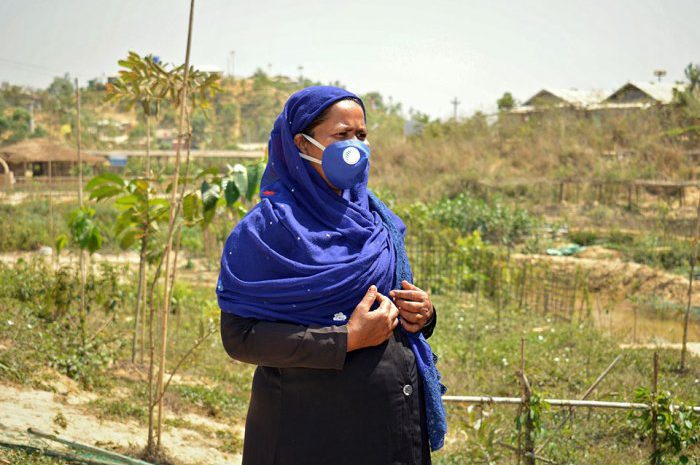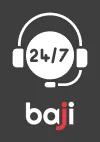As of July 31, WHO has reported 3,361 COVID-19 cases in Cox’s Bazar. More than 70 refugees have tested positive for COVID-19 and so far, 6 people have died unfortunately. About 39 refugees are in isolation.
Thanks to the efforts of 1,400 refugee community health volunteers, testing in refugee camps has increased significantly. These volunteers participated in a community-based enhanced surveillance program and provided targeted counseling for refugees identified as having COVID symptoms , Including testing. To date, more than 210 people have been treated at two UNHCR-supported severe acute respiratory infection isolation and treatment centers in Ukhiya and Kutupalong, Cox’s Bazar. Patients include refugees and members of host communities. UNHCR is one of other United Nations agencies and non-governmental organizations that provide assistance to the people and refugees of Cox’s Bazar through health facilities to support the work of the Cox’s Bazar health authorities in Bangladesh. So far, the established health services have sufficient capacity to support all COVID-19 patients and provide medical assistance.
Cox’s Bazar area allows some lockdown measures to be relaxed. UNHCR and its partners are following the guidelines set by the Bangladesh Refugee Relief and Repatriation Commissioner (RRRC) for activities permitted in camps. The scope of permitted activities has been interpreted to include limited registration activities and expanded monsoon response and maintenance work. UNHCR and its partners continue to pay attention to carrying out important activities in refugee camps with a small footprint, as the risk of the virus to refugee communities and humanitarian workers remains high.
Similar to refugee trends in other parts of the world, the Cox’s Bazar pandemic is having a negative impact on the overall protection of the environment. Mitigating the short- and long-term social protection consequences of the influenza pandemic, striving to create and ensure ways to maintain the resilience and psychosocial well-being of communities, and maintaining protective and humanitarian spaces are key priorities and challenges for refugee response.
UNHCR and partners continue to provide protection monitoring and case support, including with the help of refugee volunteers. The reduction in the number of staff and permissions in the refugee camp, coupled with limited mobile communication possibilities, has resulted in delays in referrals. The number of refugees in need of legal aid and mediation is increasing. As the number of protection personnel in the refugee camps has decreased, the appointed community representatives (mahjis) have played a greater role in mediating disputes, but this approach does not always comply with the basic protection principles and is reported to involve abuse in some cases Power, blackmail and bribery. According to reports, women face unequal and unfair treatment, especially in cases involving family disputes and divorce. The socio-economic impact of COVID-19 has also negatively affected the security of refugee camps, including minor crimes, increased community disputes and tensions, increased scope of activities of criminal groups, and increased risk of traffickers and smugglers plundering vulnerable refugees. Same as the host community.





